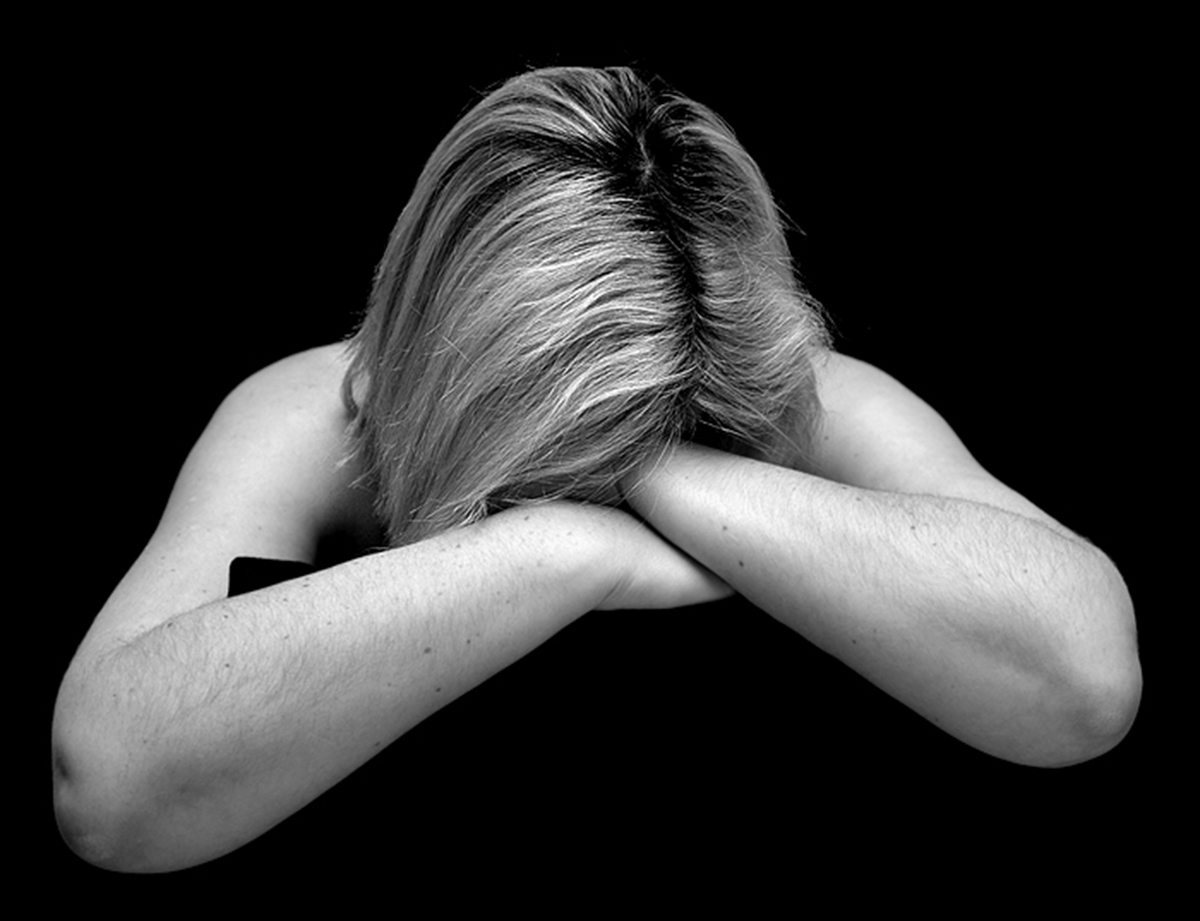Table of Contents
The interactions between sleep loss and a decreased function of the immune system are well known. Sleep deprivation can lead to an increase in the levels of many inflammatory mediators and infections. While medical researchers have just begun to understand these interactions, early studies suggest that sleep deprivation may decrease the body’s ability to reduce infection.

Common Cold
The Journal of American Medicine highlights a recent study in which people who got less than seven hours of sleep per night were about three times more likely to develop cold symptoms than those who received eight or more hours of sleep, when exposed to the rhinovirus. Additionally, the individuals who got better quality of sleep were the least likely to catch a cold.
Mental Performance
The earliest scientific evidence that supported a link between sleep and performance dates back to the early 1930s. Dr. Nathaniel Kleitman was one of the most prominent figures in the field of sleep medicine, he found a pattern between daily sleep and the speed and accuracy of performance. He found that even in well-rested subjects, there was a decrease in the level of individual performance that happened during the early morning and again late in the evening. Thus, when we get the right amount of sleep we can still expect to experience normal fluctuations in our functional abilities.
Sexual Dysfunction
In a study involving women, published in the Journal of Sexual Medicine, it was found that those with sleep apnea were at a greater likelihood of suffering from sexual dysfunction. Past studies in men showed a decrease in sleep led to a higher rate of erectile dysfunction. Sleep apnea is characterized by a disruption in breathing during sleep and it is associated with lower oxygen levels throughout the night. Sleep research experts believe this disruption in breathing makes levels of testosterone drop and it can result in a decreased libido in women and men.
Increased Risk Of Death
Thinking about the potential adverse health consequences related to sleep deprivation, it’s not surprising that poor or decreased sleep has been linked to a lowered life expectancy. Research from Harvard Medical School took data from three studies and learned that sleeping five hours or less per night was responsible for an increased mortality rate from all causes by approximately 15 percent.
Just as sleep issues can affect a person’s disease risk, several disorders and diseases can also account for the decrease in the amount of sleep a person gets. While an estimated 50 to 70 million people in the US suffer from some sort of sleep disorder, most do not mention it to their doctors and most doctors don’t ask about it either. Due to this widespread lack of awareness of the impact of sleep disorders, it can cause serious and costly public health issues.
See Also: The 10 Most Important Signs Of Sleep Deprivation
Outcome
To stop the effects of sleep deprivation in your life, health care professionals recommend establishing ritualistic behaviors at bedtime to tell your body it’s time to wind down and prepare for sleep. You can try deep breathing, relaxation techniques, and other things to help yourself prepare to sleep. Taking sleep supplements such as melatonin, valerian, and chamomile tea can help provide a peaceful night’s sleep. However, before adding any herbal supplements it’s important to consult with your physician to determine if it’s safe. If you’ve tried everything to get a better night’s sleep and nothing has worked, it may be worthwhile to speak to your doctor for further assistance and to see if there are other medications or treatments that may help.
- Photo courtesy Andreas-- via Flickr: www.flickr.com/photos/hoill/6905831551
- Photo courtesy of Rune T via Flickr: www.flickr.com/photos/minebilder/136528477
- serendip.brynmawr.edu/exchange/node/1690
- healthysleep.med.harvard.edu/need-sleep/whats-in-it-for-you/health
- www.sleeptracks.org/physical-effects-of-sleep-deprivation.html
- healthysleep.med.harvard.edu/healthy/matters/consequences/sleep-performance-and-public-safety
- jama.ama.assn.org/cgi/content/full/300/24/2859
- archinte.jamanetwork.com/article.aspx?articleid=414701
- well.blogs.nytimes.com/2011/10/10/really-the-claim-sleep-apnea-causes-sexual-problems/?_r=0
- press.endocrine.org/doi/abs/10.1210/jcem.87.7.8663


Your thoughts on this